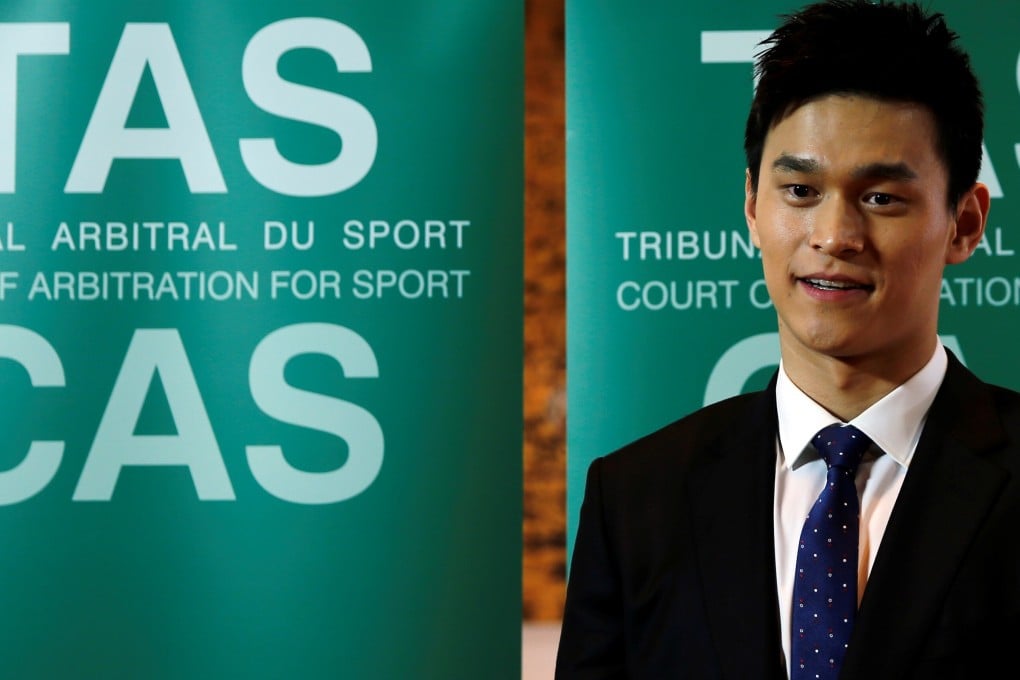Sun Yang right to feel unfairly treated by CAS panel, Australian anti-doping lawyer says ahead of new hearing
- University of Canberra assistant professor Catherine Ordway says anyone in Sun’s shoes would feel the process was working against them
- China’s three-time Olympic gold medallist will try to save his career when new Court of Arbitration for Sport panel hears his case on May 24

Chinese superstar Sun Yang is right to feel he was treated unfairly by the Court of Arbitration for Sport (CAS) at his hearing in November 2019, an Australian anti-doping lawyer said.
Catherine Ordway, assistant professor at the University of Canberra, said those who watched the live-streamed hearing that resulted in an eight-year doping ban for Sun – subsequently reversed – would feel the system was working against him.
“It is very clear that Sun Yang has concerns that he has been treated unfairly: in the doping control process in question, and through the hearings in CAS,” Ordway told the Post via email.
“In a rare display of transparency, the CAS agreed to his request that the hearing be made public and live-streamed. Anyone on that stream, or who has watched it later, cannot help but put themselves in the shoes of the athlete and feel that the process was against him.”